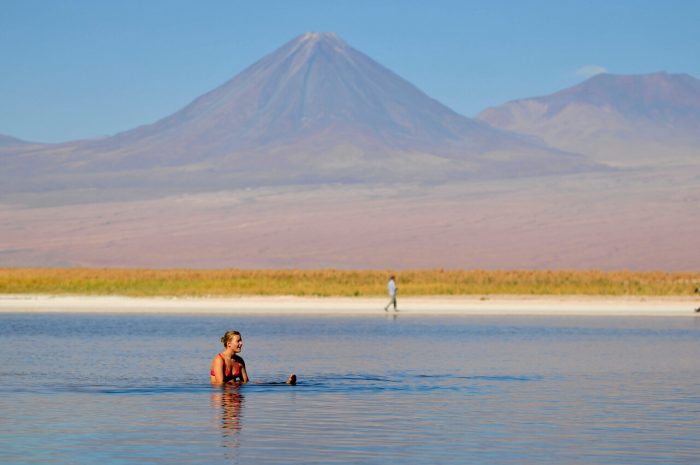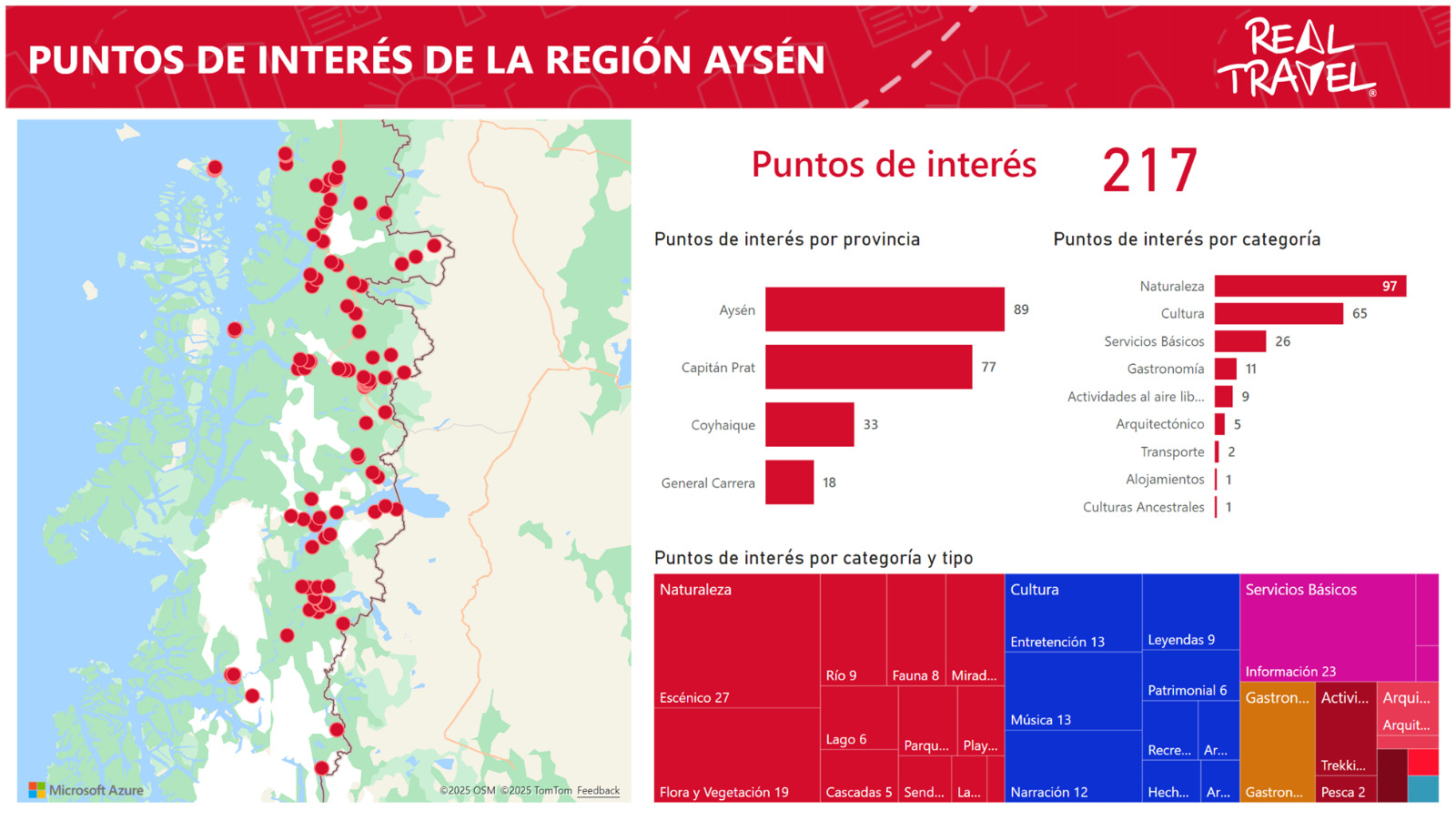Chile and its tourism potential: between nature that transforms and decisions that limit
Chile is a country of infinite contrasts. From the driest desert in the world to the southern glaciers, its geography contains a natural diversity that many destinations would envy. However, that wealth does not always translate into strategic vision.

Chile and its tourism potential: between nature that transforms and decisions that limit
Chile is a country of infinite contrasts. From the driest desert in the world to the southern glaciers, its geography contains a natural diversity that many destinations would envy. However, that wealth does not always translate into strategic vision. The recent 27% cut in the international promotion budget is a clear example: a measure that threatens to reduce Chile's visibility on the global stage just as tourism is taking off with force again.
The news set off alarms across the sector. Hotel unions, agencies and tourist communities consider it a direct blow to the country's competitiveness. And it's not an exaggeration. In a context where destinations compete to attract travelers, investment and reputation, reducing promotion is equivalent to lowering the voice in a market that expects no one.
Chilean tourism generates more than 691,000 direct jobs - 7.4% of the national total - and close to 200,000 indirect jobs. In 2024, it received 4.5 million international visitors, bringing USD 3.8 billion to the country. However, investment in promotion barely exceeds USD 9 million per year, well below Peru or Colombia, which allocate more than triple.
Every dollar invested in tourism promotion can generate up to USD 20 in tourism spending, according to UN Tourism. In this context, cutting the budget is not saving: it is losing opportunities for income, employment and local development.
Chile is ranked 34th out of 119 countries in the World Economic Forum's Travel and Tourism Competitiveness Index and leads Latin America in nature and sustainability tourism. It has been recognized 8 consecutive years as the World's Best Adventure Tourism Destination, and has a network of more than 100 national parks and reserves, a coherent brand - “Chile, nature that transforms you” -, and products with high potential: astrotourism, wine tourism, rural and scientific tourism.
Despite this, the country continues to rely on traditional promotional models and insufficient investment that prevents the consolidation of a modern, digital strategy. The leading destinations in sustainability not only promote, but they measure, segment and communicate with intelligence, integrating technology, data and public-private cooperation.
Tourism isn't just landscapes: it's an industry of people, communities and decisions. Each cut in promotion translates into fewer opportunities for territories, less employment, less capacity to sustain the value chain that gives life to entire regions.
Chile has everything to position itself as a laboratory for sustainable tourism, but it needs a State policy that transcends political cycles and understands that promotion is not an expense, but investment. An investment that projects our identity, drives innovation and diversifies the economy.
Because nature that transforms also needs decisions that sustain it.
SEARCH.
DISCOVER.
LIVES.
Authentic and offline guide for travelers and entities. Digitize territories and connect with new opportunities.

.webp)

.png)